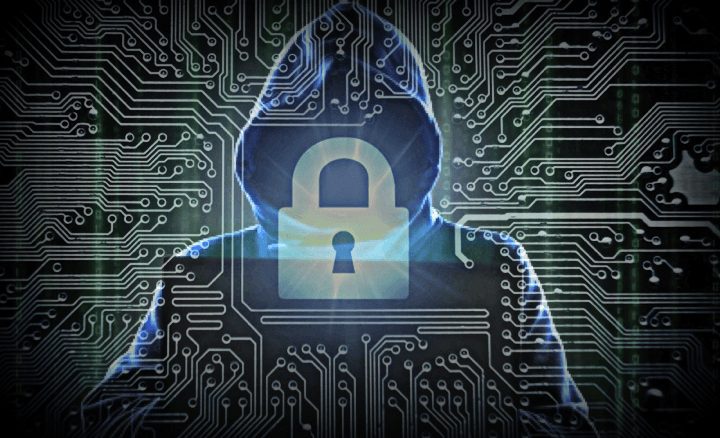Brian Fonseca , director of the Jack D. Gordon Institute for Public Policy at FIU’s Steven J. Green School of International and Public Affairs and NICE conference organizer, wrote the following op-ed in the Miami Herald on Oct. 26, 2018.
The future is already here. And we are not ready for it.
Drones are capable of delivering our packages. The air conditioning and lights in our houses can be controlled through an app, even when we’re thousands of miles away. Voice assistants — like Siri and Alexa — report the weather and traffic and provide restaurant recommendations. Just this summer, it was announced that Marriott would soon have an Amazon Alexa in hotel rooms across the country.
We live in a digital era driven by computers, big data, algorithms and artificial intelligence that’s getting more and more intelligent. These technologies were once only science fiction fantasies. Now, they are all around us — transforming our society and how we live, communicate and play. Microsoft estimates that more than 50 billion devices will be connected online by 2020.
They have presented us with new challenges that we can’t afford to ignore. The future of the cybersecurity workforce, as well as our personal information and national security hang in the balance.
After all, these smart devices make our lives easier, but they are smart in more ways than one: They know a lot about us. They are portals to our lives and our sensitive personal information. All it takes is for a person behind a computer screen to compromise everything from our personal banking information or social security number — or even take down our nation’s power grids and critical infrastructure.
From hospitality to government, hospitals to corporations, there isn’t an industry or sector — or person, for that matter — that’s immune to cyberattacks. Last year was marked as the worst year ever in cyberattacks and data breaches — with attacks nearly doubling from 82,000 in 2016 to 159,700 in 2017, according to Online Trust Alliance. Estimates put the future value of cybercrime at over 6 trillion globally by the time we enter the next decade, according to Cybersecurity Ventures. Companies are now recognizing that investment in security is critical — making cybersecurity one of the fastest growing fields of our time.
Yet this rapidly changing, fast-growing sector presents a new problem, too — cybersecurity is suffering from a challenging skills gap that has caused a global shortage of professionals.
For far too long the skills gap — or the mismatch between the skills employers are looking for and the skills potential employees have — has dominated conversations between higher education and industry. In fact, a recent study from the Information Systems Security Association shows that the number of companies reporting problematic shortages in the cybersecurity skills of their staff has increased to more than 50 percent.
One thing is clear: To fill this need, our higher educational institutions, industry and government agencies must work together. If what we are doing is not working for our students — or the good of society — it’s time to rethink education and how we prepare students.
That’s why FIU was chosen as a partner to bring together cybersecurity workforce developers, federal and state government leaders, education and training providers, and others from across the U.S. and the world to help build the foundation for greater security. Earlier in the year, the National Institute of Standards and Technology (NIST) in the U.S. Department of Commerce awarded FIU a cooperative agreement with New America to host the annual NICE Conference and Expo over the next five years.
Read Fonseca’s op-ed in its entirety on the Miami Herald website







Comments are closed.